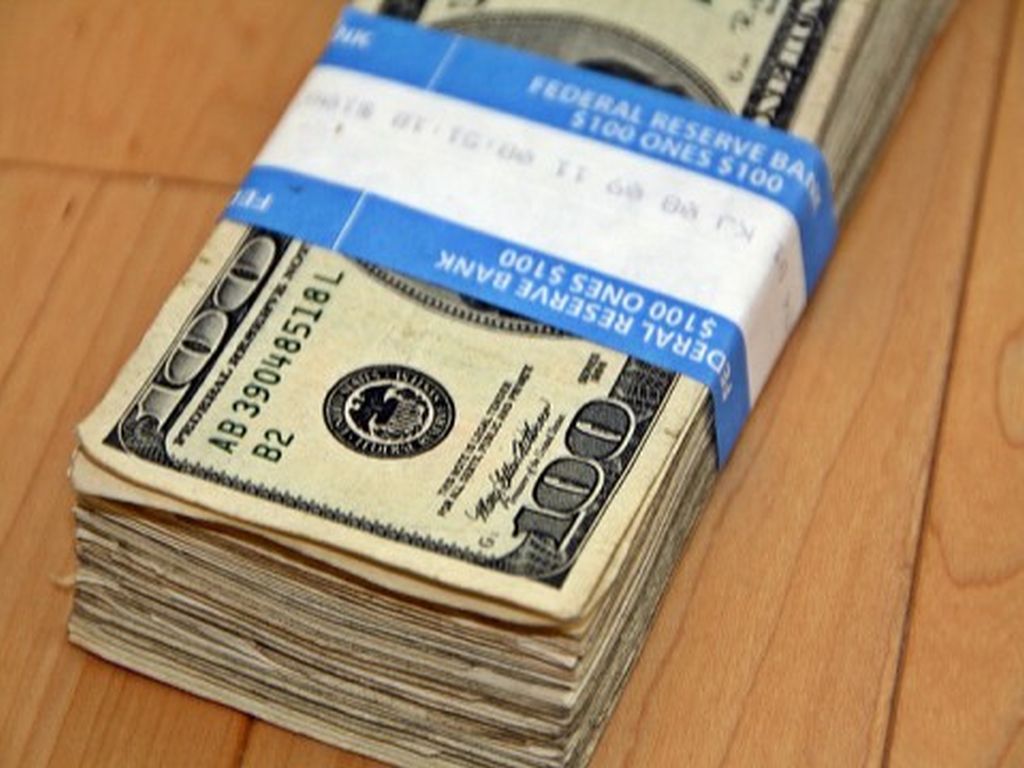Less than a year ago, we talked about the importance of having a good credit score. We still hold the belief that it’s important to do what you can to keep it as clean as you can; however, there are times when you have to take action that benefits you in the here and now.

Here’s the thing about credit score; they’re not absolute. This means five things: it can change depending on your finances; higher income, paying down debt, increasing debt (this one’s scary); what you’re trying to use credit for.
It’s time someone addressed this thing about credit scores and why so many people are scared about them falling. In some ways, we believe that credit scores are worthless. What is it about credit scores that seems to scare so many people, and why do we give them a lot of importance?
1. People worry that a bad credit score will keep them from getting new credit. That may or may not be true. It really depends on what you want credit for.
The truth of the matter is that if you can afford to buy things, you really should be looking for new credit anyway. If you are looking to buy a house, you should be trying to put away as much money as you can so you can afford a nice down payment. A bad credit score means almost nothing if you have a nice down payment of at least 25% or more.
If you have a bad credit score and you know it (if you’re getting your annual free credit report you should know it), then you should know better than to be trying to get a new credit card in the first place. Even so, you can probably still get a credit card; the interest rates might be higher, but interest rates are going up anyway and they’re going to pick on people whether you have good credit or not… unless you’re trying to get another card from the same creditor.
2. People worry that a bad credit score will keep them from getting a new job. There are certain jobs for that might be true, but the overwhelming majority of positions that are out there in the world are looking at credit scores at all. If you have great qualifications, even those jobs that check credit scores are probably going to hire you anyway.
What those employers are looking for when they look for credit scores are any indication that an employee’s recent debt of gotten so far out of hand that you might possibly be thinking about doing something illegal. Most employers won’t ask to look at your credit score if the position you’ve applied for doesn’t involve handling cash. By the way, you can always deny employers the option of looking at your credit score; even if you don’t get the job because of it, at least you’ll have kept your privacy.
3. People worry that a bad credit score will keep them from getting a new apartment; unfortunately, that sometimes happens in some nice complexes. If you have enough money for a down payment, most apartment complexes aren’t even going to check your credit report. But if they do, it’s a different animal than having them check your credit score. However, if your credit report looks bad, they might want to see more information before accepting you.
4. People worry that a bad credit score is an indictment against the type of person they are. Very few people care what your credit scores are like. A bank might care about your credit score if you trying to get a loan from them, and you might have some difficulties with car dealerships trying to get a brand new car if your credit score is pretty bad and you can’t afford a good down payment.
The truth is that most of the time you’ll still get a car, even if the interest rate is higher, but the more money you can put toward your car the last interest rate is going to be. Car dealerships work differently; if you don’t keep up with payments, they’ll just repossess your car. That’s embarrassing, but it’s not seen as criminal.
Banks are a different story, especially after the ups and downs of the economy over the last few years. Banks are being a little more cautious with how they’re loaning out their money. Here’s a couple of things you may not know.
One, you have more than one credit score. There are three credit reporting agencies, and each one has different credit scores. Experian and Equifax provide 16 different FICO scores to lenders, while TransUnion has 21. That’s because they all have different criteria for what they report, and sometimes, if you get all three credit reports, you’ll see something on one that’s not on other, and that will affect your credit score.
Two, many credit reports are wrong in some way. They might have names misspelled, addresses totally wrong, cards that show as open when they were paid off and closed years ago, wrong employers, and wrong addresses for those employers. When you know what people are looking at, and you do this when you’re getting credit reports on your own, you know beforehand what’s going on in your credit report and you should get any errors fixed that might affect your financial standing.
The way people obtain credit these days has already changed, and it’s probably never going back to the days when we were used to receive 14 to 20 credit card offers a day in the mail. We’re exaggerating a bit, but it certainly felt that way. People who supposedly have good credit scores these days are finding it hard to get some banks to give them loans for homes. If someone with a credit score of 750, which is considered really good, can’t get a loan, why is anyone else worried about their credit score? You know what supersedes a credit score?
Cash! If you don’t want to worry about credit scores or credit reports, learn how to budget your money and start putting money away for purchases of things that you want. If you can build your bank account, you’ll find that you can pay for most things you need, and for those things that you end up not having enough money for, you’ll find that if you probably be given options so you can get what you need to get things taken care of; just do some research so you don’t get scammed!
Don’t allow yourself to feel like a victim to credit scores. Take back your financial power, be in control of your own finances, and have some peace of mind.

